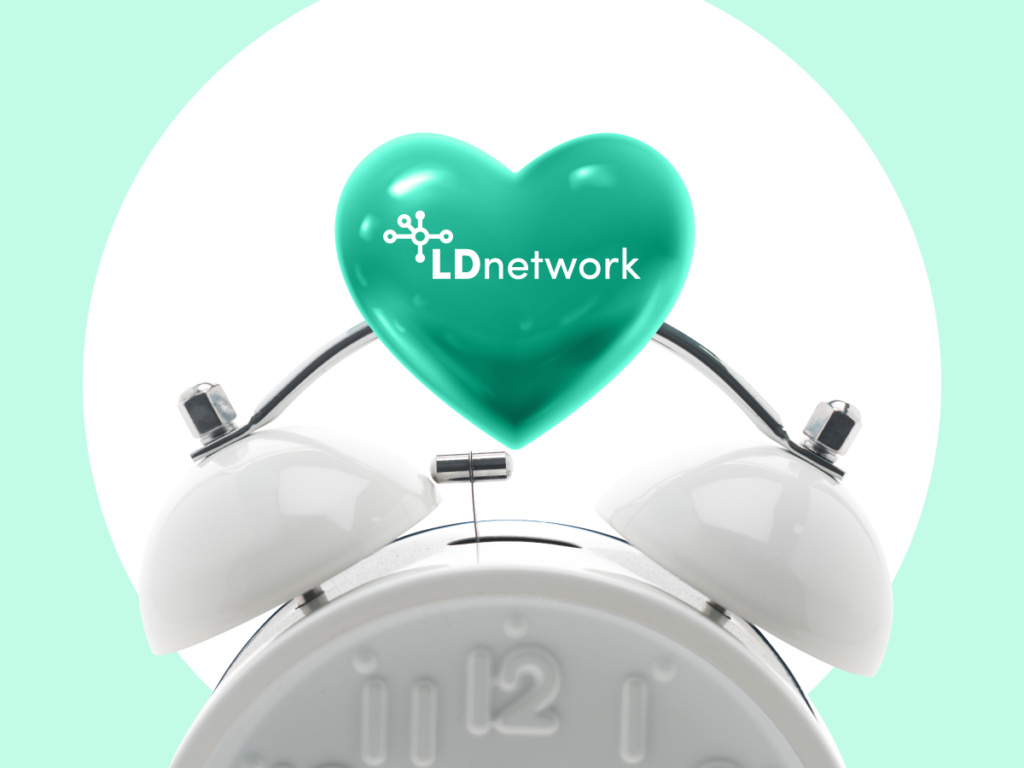Rapid response staffing is critical for providing consistent and high-quality care, and reliable, dedicated staff is vital for its success. By working with a staffing solutions provider, healthcare organisations can ensure seamless care delivery. This blog addresses the benefits of rapid response staffing, last-minute staffing needs and preparing for emergencies. LD Network supports healthcare organisations facing unforeseen challenges, providing expert staffing solutions.
Rapid Response Staffing in Home Health Care and Social Care
Rapid response staffing in health and social care is a proactive step towards ensuring seamless care delivery to individuals needing it most. By providing immediate access to highly skilled healthcare professionals and creating policies that standardise these services, organisations improve the quality of care, reduce healthcare costs and protect the overall well-being of individuals. The focus is on delivering timely, high-quality care that supports individuals in their homes and communities, ultimately improving their quality of life.
This approach is especially vital during care emergencies or crises, providing immediate support to individuals who need assistance to maintain their health and independence while living in their homes. This proactive approach aims to prevent unnecessary hospital admissions, easing the burden on healthcare facilities, and allowing individuals to receive the care they need in the comfort of their homes.
Part of this broad approach outlined by the NHS to support the UK’s ageing population and individuals with complex health needs is the Rapid Response Teams (RRTs). These teams are designed to provide rapid access to a range of qualified professionals who can address health and social care needs, such as medication management and support with daily living.
The Role of Rapid Response Staffing
In unexpected emergencies or crises, the immediate availability of qualified clinicians can make all the difference in mitigating the situation’s impact. Rapid response staff is crucial in safeguarding individuals’ safety, organisations’ integrity, and communities’ well-being. In the case of healthcare emergencies, implementing Rapid Response Teams has proven highly effective, reducing the rate of life-threatening events and diminishing the need for transfers to intensive care units. These first-response teams foster a collaborative culture between various healthcare disciplines.
To prepare for emergency staffing needs, we screen and onboard our Rapid Response Teams to ensure they are ready to get into action when the need arises. This strategic approach also includes conducting background checks and providing guidelines for staff behaviour on-site. The ultimate goal is to have a well-prepared team of rapid response staff in place, capable of addressing a wide range of scenarios to protect lives and reduce the impact of emergencies.
Benefits of Rapid Response Staffing
Rapid response staffing has many benefits for healthcare organisations, including education, empowerment, and reduced stress, making these teams a valuable addition.
Some of the advantages include the following:
- Scheduling flexibility
- Improving skill development
- Providing immediate staffing solutions
- Promoting collaboration, thereby improving individual outcomes and staff satisfaction
- Reducing overall stress
- Reliable and expert staff
- Consistency of care

The Seamless Care Delivery Model
The seamless care delivery model represents a transformative approach to healthcare, aiming to provide high-quality, efficient, and person-centric care by bridging the existing gaps in the healthcare system. This model envisions healthcare that is both personalised and preventative, catering to the diverse needs of individuals while effectively integrating health and social care services. This integration fosters collaborative partnerships between healthcare providers, local government, housing, and education sectors, ensuring a seamless approach to care. This model shifts the focus from hospitals to communities and homes, enabling individuals to stay active, independent, and supported in their residences for as long as possible.
In achieving this vision, healthcare organisations collaborate closely, utilise digital technology, improve communication, engage communities, and put individuals at the centre of the care process. As healthcare moves forward, the importance of a seamless approach becomes more critical as it seeks to transform the delivery of services and improve individuals’ outcomes through prevention and proactive care.
The Importance of Skill Diversification
The healthcare industry faces an increasing demand for a highly competent workforce adaptable to the evolving needs of individuals and the healthcare system. Therefore, it is vital to diversify the skills of rapid response staff. The effectiveness centres around flawless teamwork and communication, making it imperative to invest in developing these skills. Skill diversification equips healthcare professionals to tackle challenges confidently and significantly contributes to better individual outcomes. In essence, it has become a fundamental element in modern healthcare.
For healthcare organisations, the adoption of skill management strategies is imperative. These strategies emphasise optimising the attributes, knowledge, skills, behaviours, and roles of the healthcare workforce to meet the changing conditions and demands of the industry. By enabling healthcare providers to fully utilise their education, training, and competence, skill management ensures that available personnel are deployed efficiently and with flexibility.
This approach not only holds the potential to improve individual care but also boosts job satisfaction and facilitates workforce recruitment and retention. It represents a dynamic and innovative solution for strategically delivering proactive healthcare workers and transforming healthcare systems.
The Role of Training and Skilfulness
By ensuring healthcare workers are adequately trained, they become better equipped to safeguard themselves and exhibit effective responses within the communities they serve. Equally, when healthcare workers lack essential knowledge, the risk of increased hospital admissions and reduced quality of care is significantly heightened. The training initiatives cover a broad spectrum, including personal care, medication management, and supported living.
Training should also prioritise other important aspects, such as teamwork, leadership and communication. Utilising a variety of training, such as digital courses and in-person courses, ensures healthcare professionals are well-prepared and collaborate effectively within multidisciplinary healthcare teams.
Challenges of Rapid Response Staffing
The absence of well-defined standard operating procedures, including non-emergency maintenance measures and emergency response processes, can delay the response time and effectiveness. A lack of expertise and training also leads to substantial delays in effective response measures during emergencies.
In addition to these challenges, healthcare organisations deal with a shortage of staff, which leads to delays in intervention. Optimising staffing is essential for improving individuals’ outcomes, offering consistent and reliable care while meeting the rising demand for healthcare services in critical settings.
Rapid Response Staffing with LD Network
LD Network is a staffing solution partner for healthcare providers, delivering reliable clinicians and a proactive rapid response service.
With LD Network, you gain access to a dedicated team that can provide urgent coverage, and we’re committed to offering a 24/7 service that you can rely on. You’ll experience consistent quality of care, dependable communication, and a process with a dedicated point of contact at every stage of the journey.
Choose us for a reliable and efficient solution to your staffing needs, reducing costs and ensuring proactive care delivery.
Contact us today, or visit our office in Exeter, to discover how we can support you in ensuring consistency of care.












